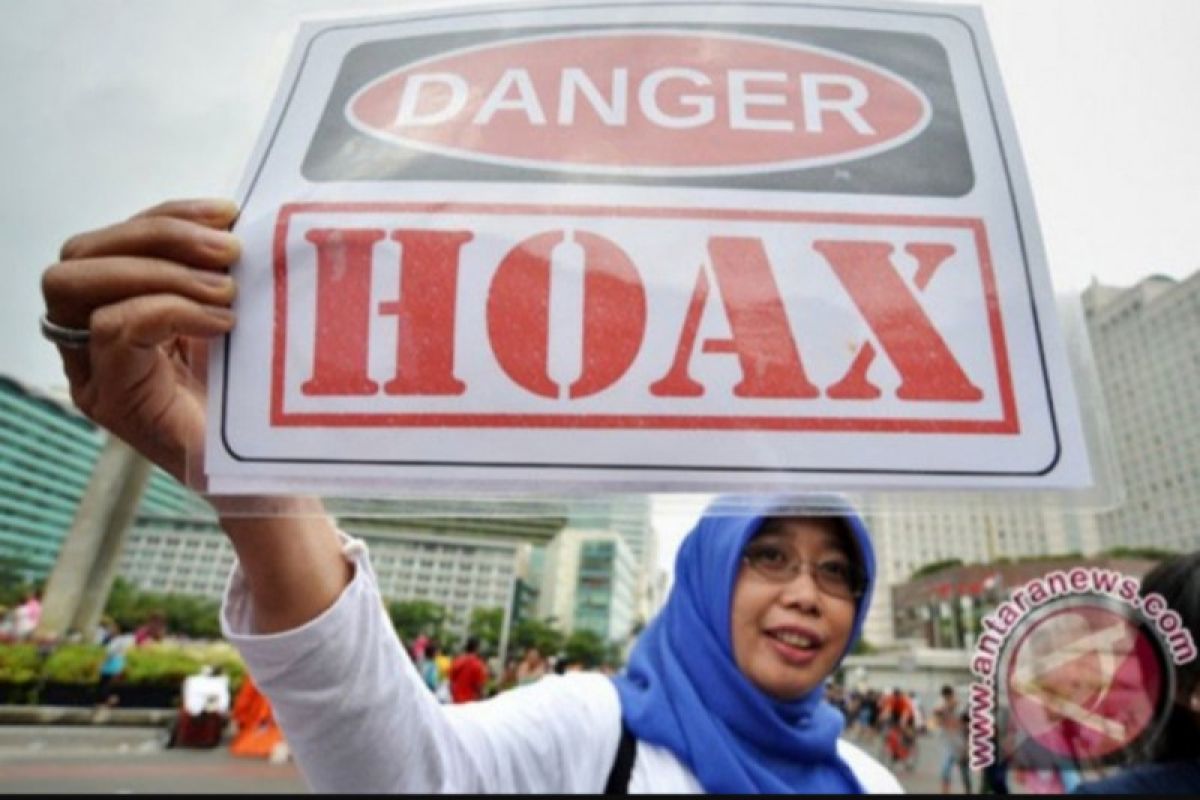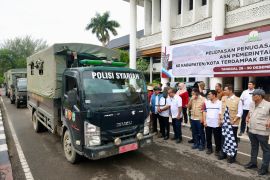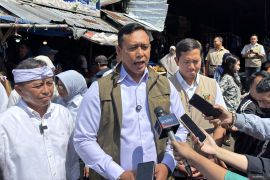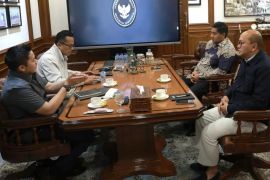He added that such polarization continued to be promoted through the proliferation of hoaxes, hate speech and slander delivered via social media.
Septiaji noted that the digital civilization has changed the pattern of society in interacting and consuming information. Digital civilization makes social interaction more homogeneous, in terms of consuming information.
The problem, however, is that not all information received is true, whereas the ability to filter and verify information is low. Even having higher education does not mean a person is able to tackle hoaxes.
Therefore, he added, gathering events that bring together community leaders, religious leaders, political elites, youth leaders, and civil society should be intensified as it becomes increasingly important.
"People needs to improve its unity and increase interactions with the real world to avoid the illusion of ‘my group is right, your group is wrong’," he said.
Simultaneously, the literacy movement should be encouraged to increase people's awareness of hoax.
"It is very important to embrace as many figures as possible together to be agents against hoaxes and lies," Septiaji said.
Translator: Sigit Pinardi/Eliswan Azly
Editor: Bambang Purwanto
Copyright © ANTARA 2019












